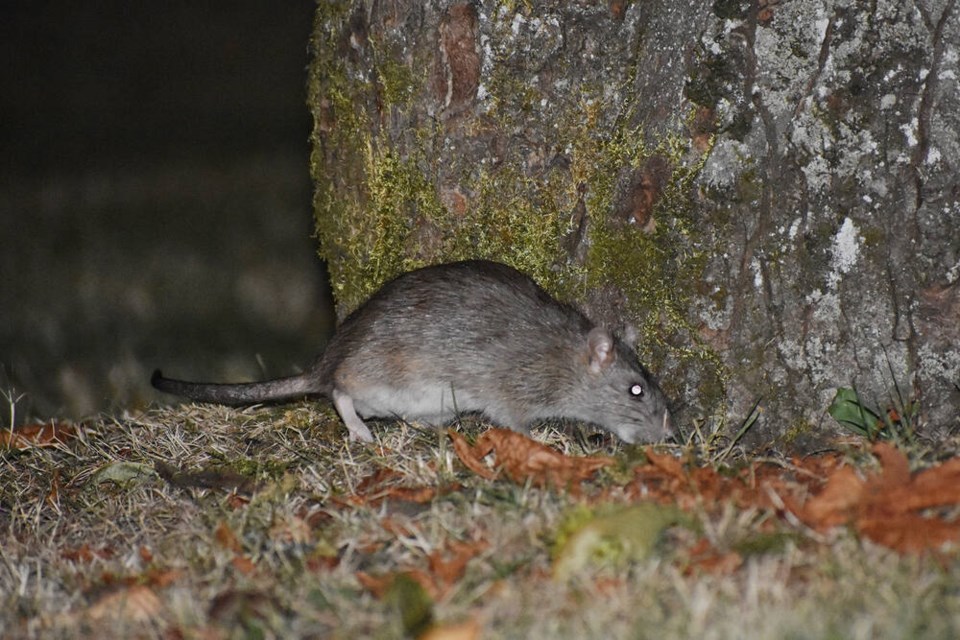Dear Editor:
Re: Rats are Running Rampant in North Vancouver’s Victoria Park
I applaud the City of North Vancouver for identifying the root cause of increased rodent activity in the area of Victoria Park and quickly taking proactive measures to resolve the situation without resorting to rodenticide use.
Rodent attractants and harbourage areas were clearly evident in the park including open garbage bins, food left from humans feeding wildlife and overgrown vegetation, creating a perfect haven for rodents to thrive. The city is rightly addressing these problems while working with a contractor to humanely remove the rodents without using rodenticides, which have been shown to increase rodent populations over time and poison natural rodent predators such as owls. A holistic and poison-free, prevention-based approach will have the best chance of long-term permanent success.
With regards to the rodenticide bans referred to in this article, just to clarify: provincially only three second-generation anticoagulant rodenticides have been restricted and there are nine broad categories of essential services where these rodenticides are still legal for use. Some municipalities (including the city) have banned second-generation anticoagulant rodenticides for use on municipal property. Other anticoagulants and toxic rodenticides have not been banned, so they continue to be wide-spread and dangerous to wildlife, pets, humans and the environment.
It is misleading for the pesticide industry to say that the bans have contributed to growth in rodent populations given that rodenticides are still widely used and there is no scientific data to support such a claim. Perpetuating this myth and unnecessarily alarming the public when there is no factual basis for it is irresponsible. It would appear that pesticide companies are using the bans as an excuse to create a self-serving narrative for their own financial gain.
Rodents will always be part of our ecosystem and they are opportunistic. Following common sense mitigation practices is the best way to keep them out of areas where they are unwanted.
Lisa Brasso
West Vancouver
Lisa Brasso is the co-founder and campaign director of Rodenticide Free BC.
What are your thoughts? Send us a letter via email by clicking here or post a comment below.



